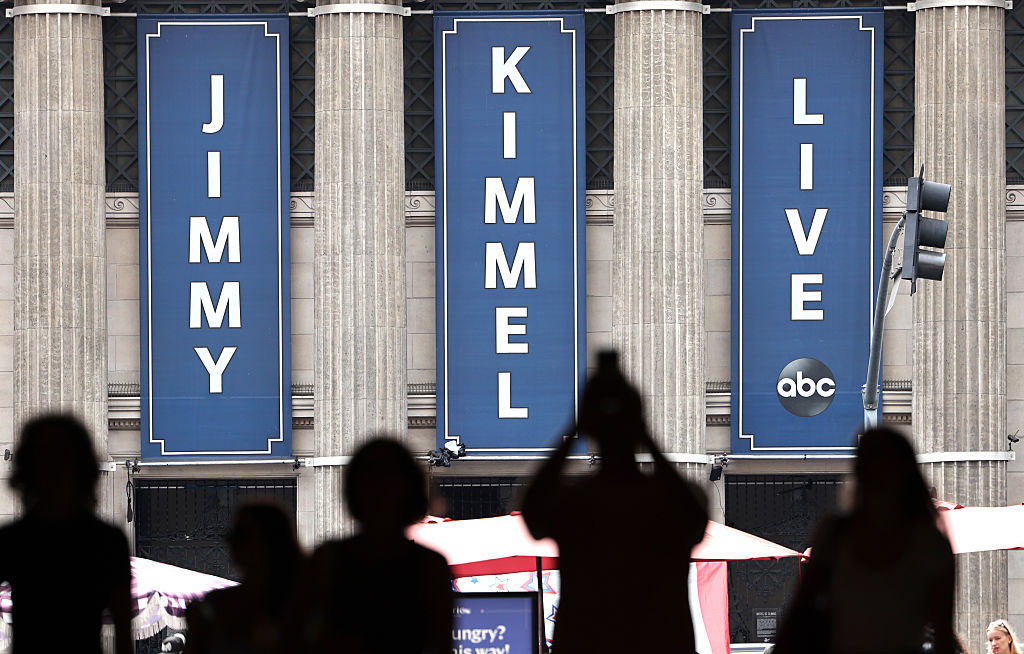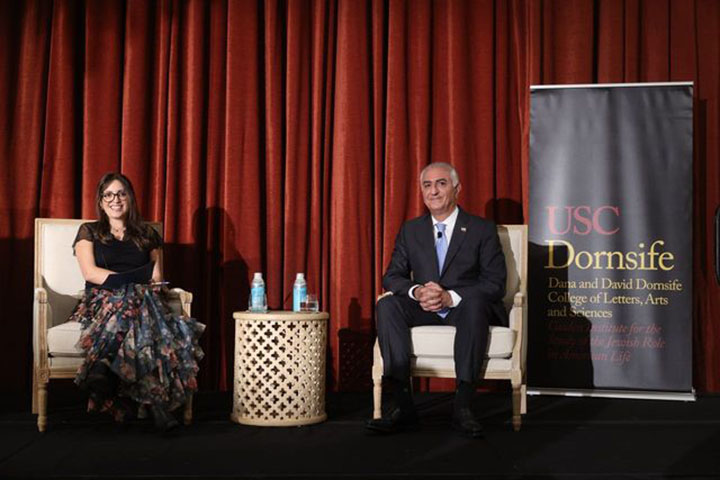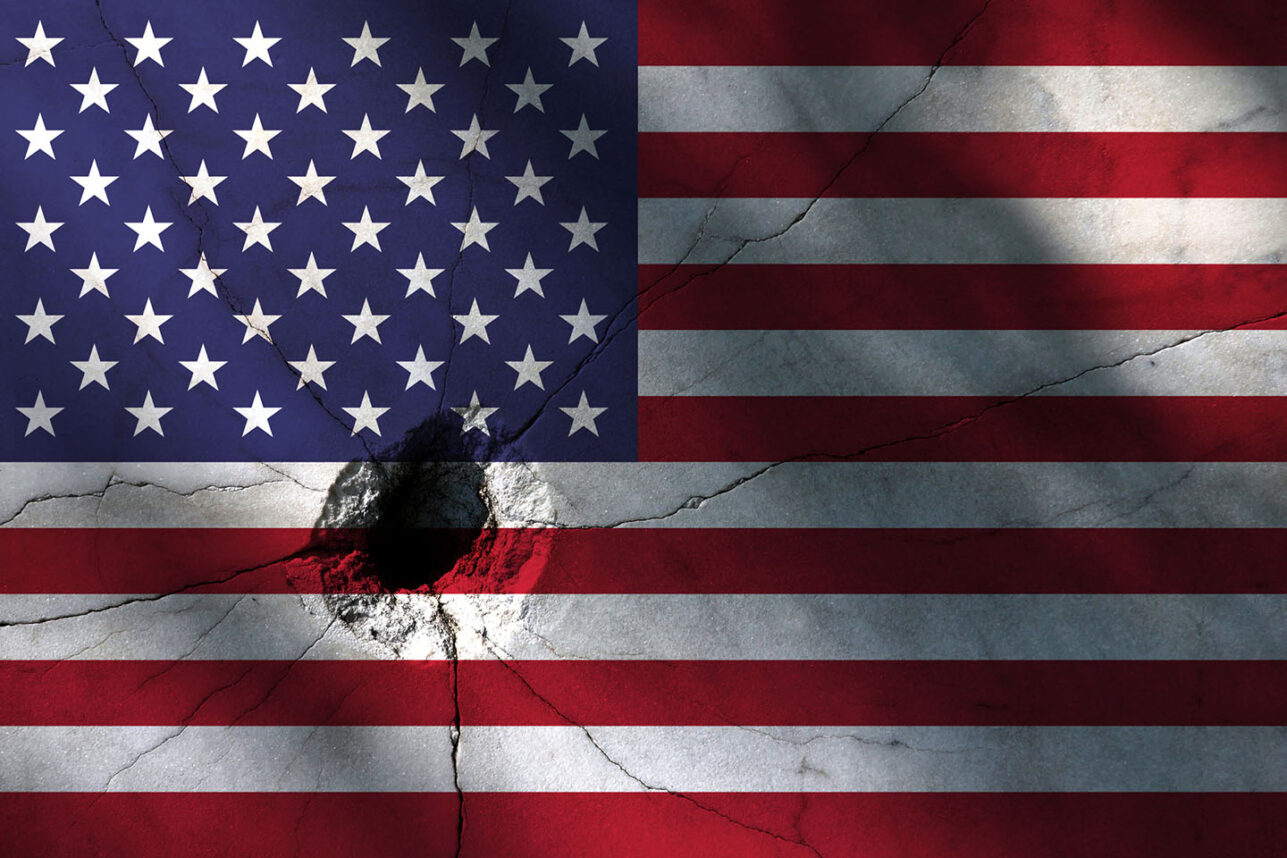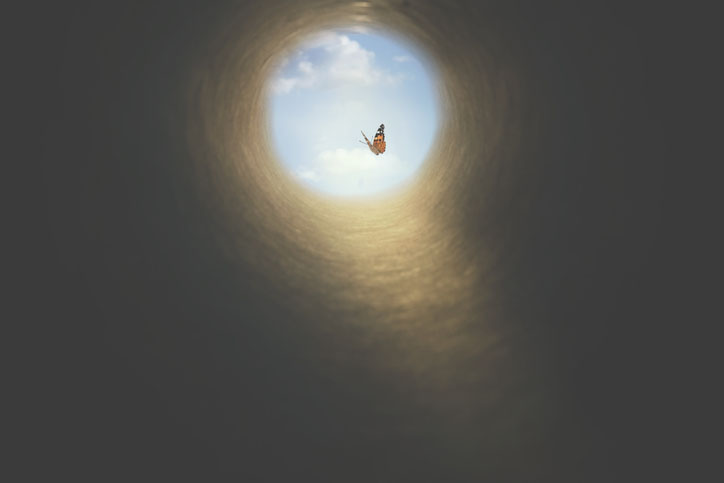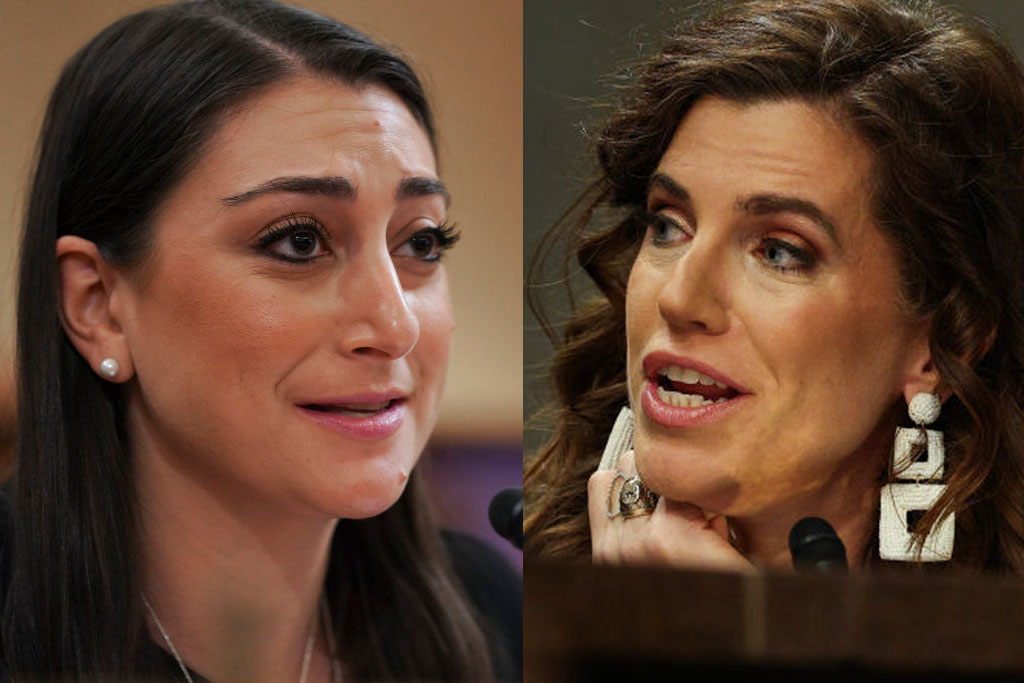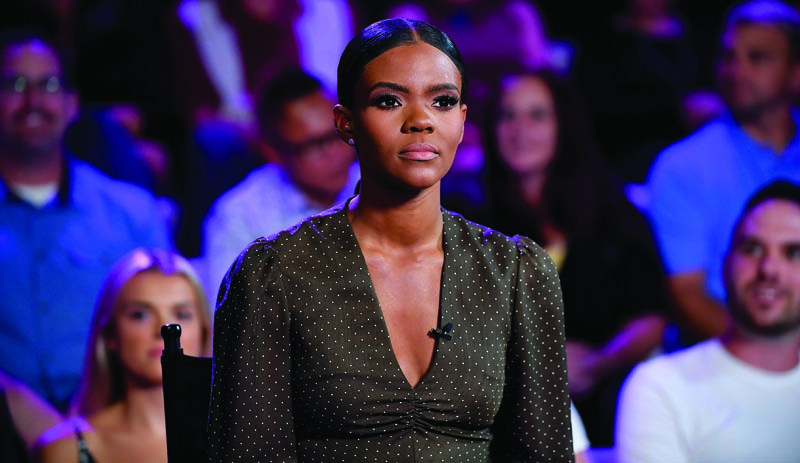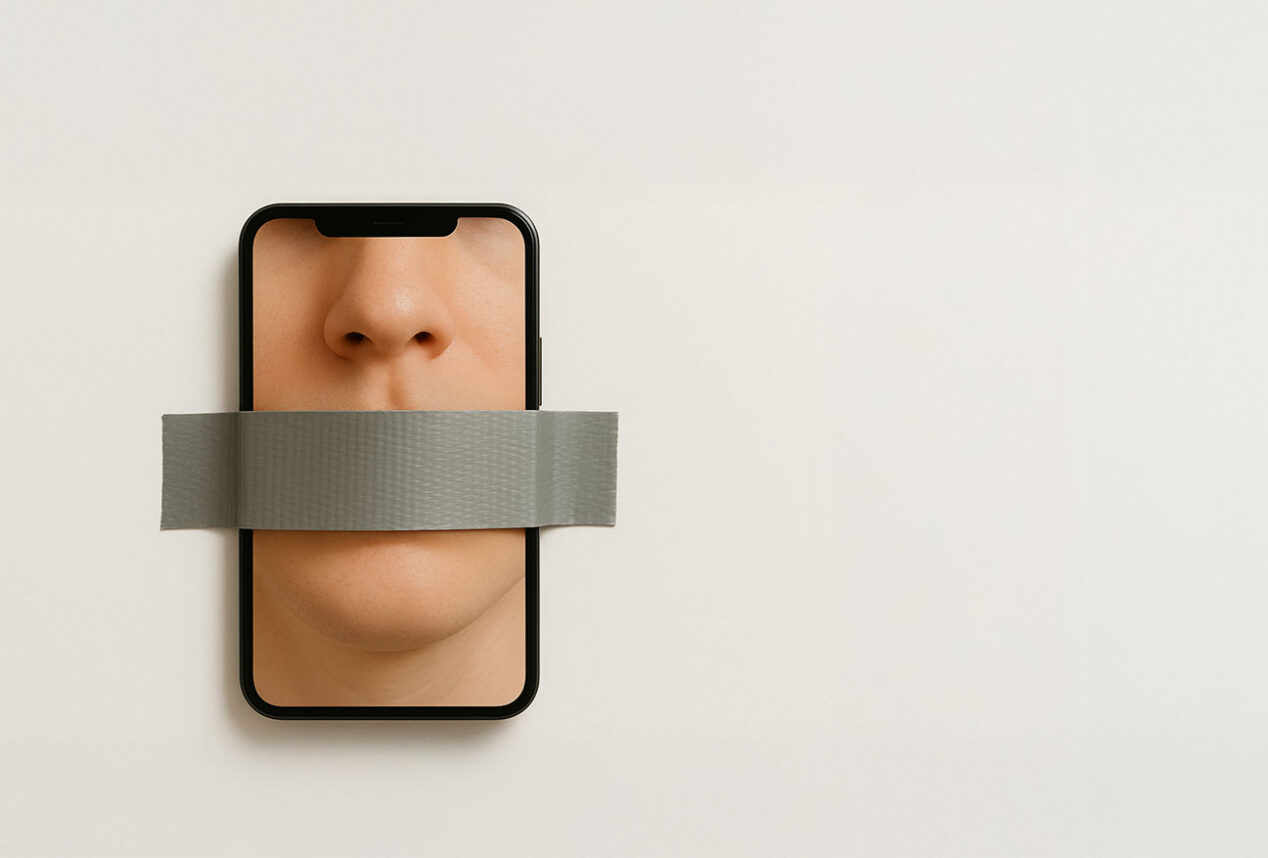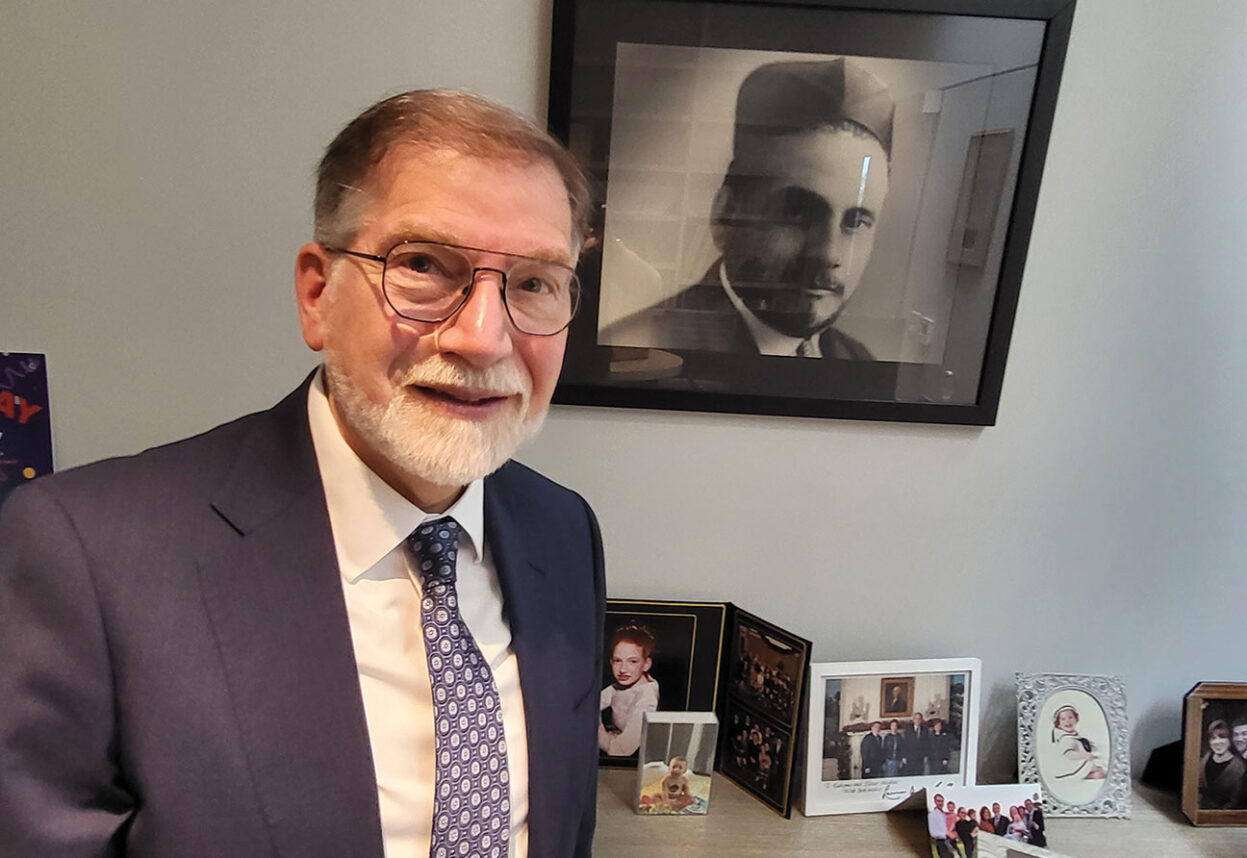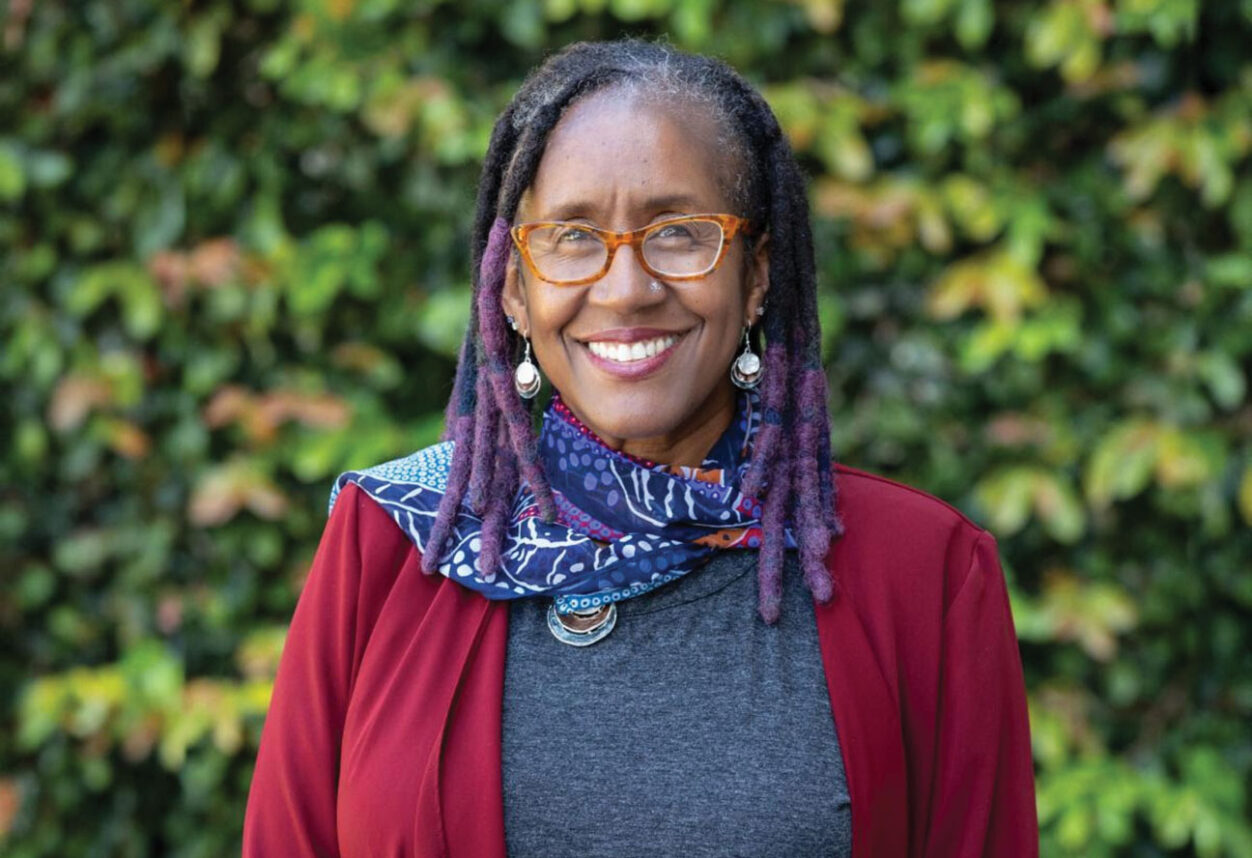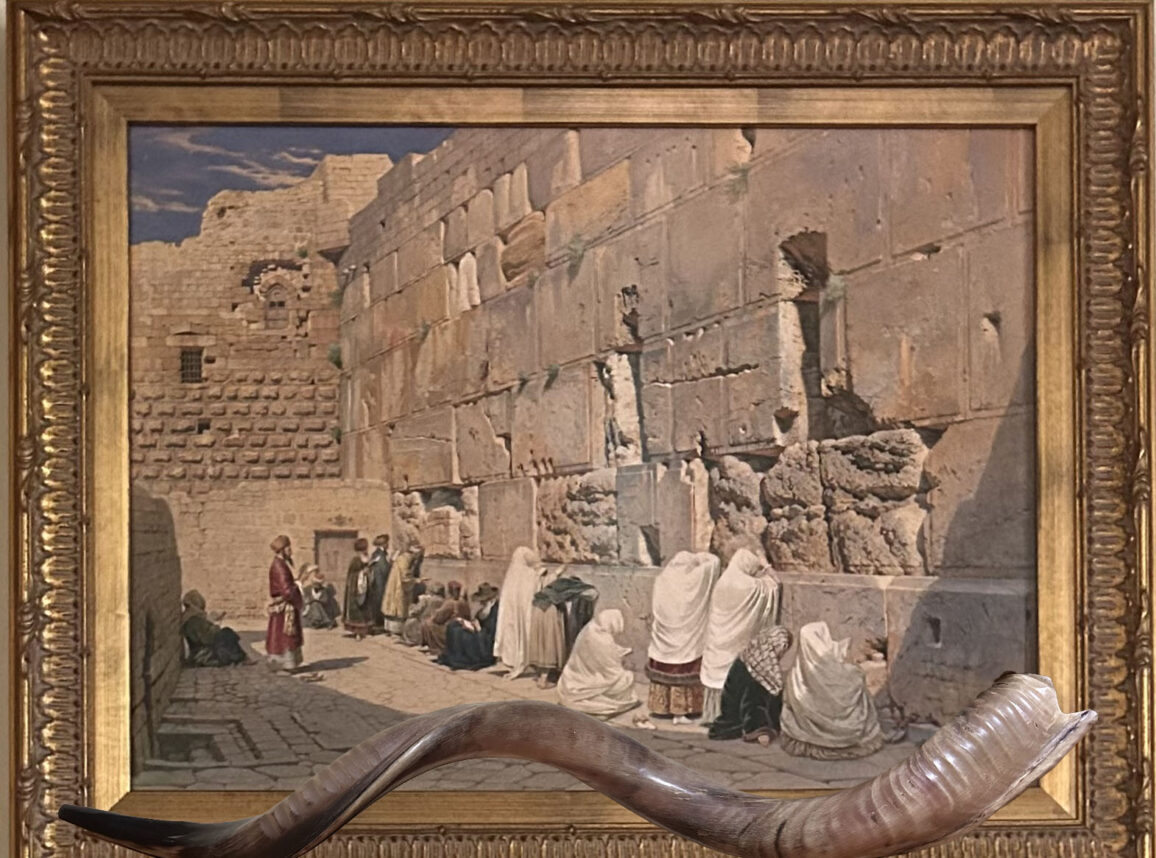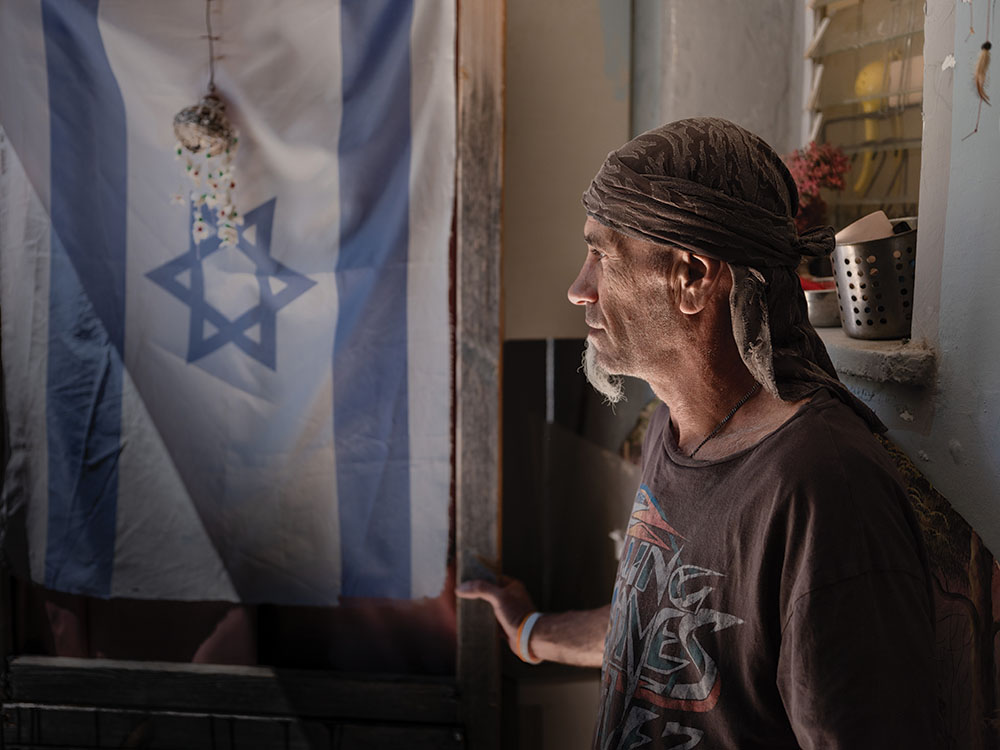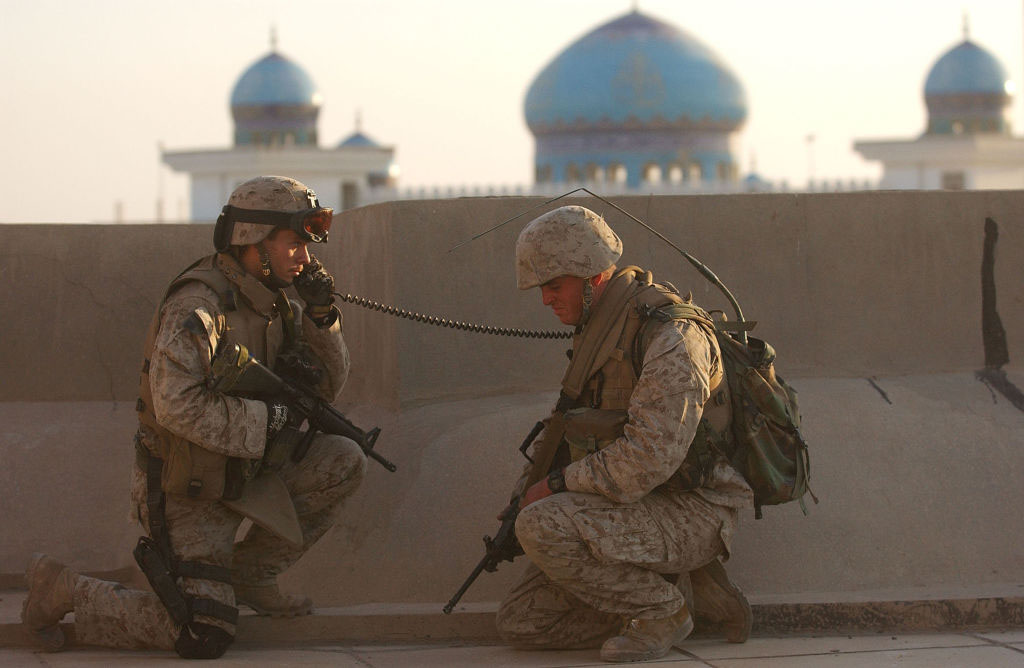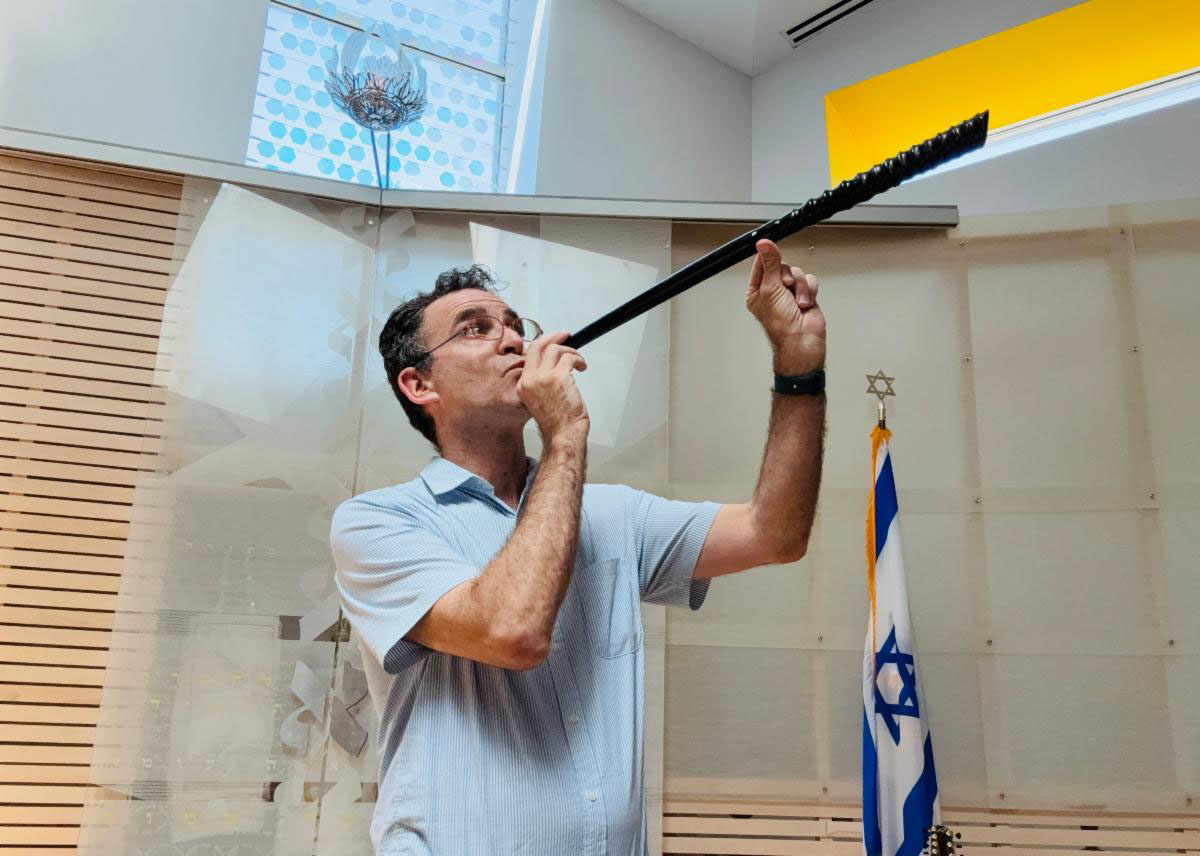Parashat Re’eh (Deuteronomy 11:26-16:17)
One of the things I love about Torah study is how our sages have always taken grammatical and other anomalies in the text as an invitation to some of their most profound spiritual insights. One such anomaly appears in the first line of this week’s parsha.
“See, I set before you this day the blessing and the curse” (Deuteronomy 11:26). The verb for “see/look” is singular and so is addressed to the individual. The verb “before you” should be translated “before y’all” (I’m from Atlanta), as it is plural.
Jewish tradition has many spiritual lessons that it has read into this apparent contradiction. But first, we should define what “to see” (re’eh) means in this verse. The biblical Hebrew is much like English in this case, with the sense of “I see” meaning, “I get it.”
Blessing flows from following the path of holiness, and curse from turning to follow “other gods whom you do not know” (Deuteronomy 11:28). The word for “know” is an intimate personal sense of having experienced. We have all experienced acting in godly ways that bring goodness into our lives and the lives of others, and yet we act against that intimate knowledge all the time. We continue to serve what we think will fill us and our lives with blessing — wealth, control, image, social success — and are surprised when our inner lives are wastelands of loneliness, despair and ennui.
We’re terrified to sit alone with ourselves and so seek distraction with the news, social media, television — anything to avoid confronting our own emptiness. If we had the courage to turn inward, we would notice this verse of Torah jumping up and down in the corner of our soul shouting “Re’eh! Look! See! Get it! You know and have experienced the way of blessing — the way of generosity, love and gratitude. Follow the path of what you KNOW is godly!”
As a wise mentor once told me, “We tend to judge our own insides by other people’s outsides.” We see the happy beautiful moments of friends’ and colleagues’ lives on Facebook and measure our own struggles and challenges against them. Our young people see friends and acquaintances out having a good time on social media and feel badly about sitting home alone. We know that others have bad days and we know that being home can be a wonderful break from the pace and stress of life, but we define ourselves as less than anyway.
“Re’eh/look” is addressed to the individual, lest we believe that the majority around us defines who we are. The responsibility lies with every single one of us to act in ways that bring us real happiness and quiet fulfillment. But this is placed “lifneichem/before you” as a collective as well. The choices made by each of us to care or turn away, to engage or give up, to empathize or oppress, ultimately create the cultures of our communities and shape the world our children will grow up in and inherit.
The recitation of the blessings and curses was to be a ritual enacted as soon as the Israelites crossed into the Promised Land. Half of the tribes were to climb Mount Ebal and the other half Mount Gerizim, and they were to answer “amen” as the blessings and curses were called out.
Some scholars believe that this was designed as an annual ritual for the people. I imagine the power of that experience and feel this sense of gravity and possibility every year when thousands of our congregants gather (as they will soon) for the High Holy Days to voluntarily hear reminders of the opportunities and dangers that await us this year and reaffirm a desire to choose wisely and better.
Sitting on the bimah, looking out at the huge, well-intentioned crowd, I fantasize about enacting a form of this ritual for our time. What if we had large projection screens set up and called out over the heads of those assembled, “If you advocate for funding and elect officials who support better public education, these are the young lives you will fill with real hope” and “If you consume responsibly, these are the species and habitats that might survive” but “If you live into greed and refuse to spend a few cents on mosquito netting or clean water tablets, this is what a child dying of malaria and another of dysentery looks like.”
The list would take a long time but would make it clear, as I imagine it did to our ancestors, that we each have ultimate responsibility for our individual attitudes and actions, and when we act together in ways in line with godliness, we are a tremendous force of blessing.
Rabbi Amy Bernstein is senior rabbi at Kehillat Israel Reconstructionist Congregation of Pacific Palisades.









